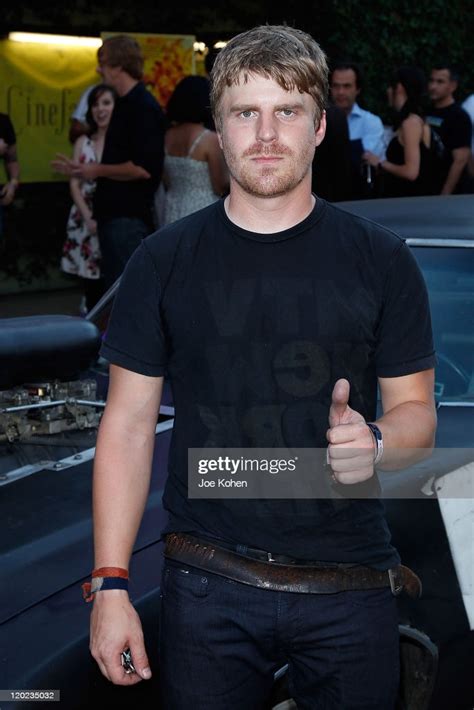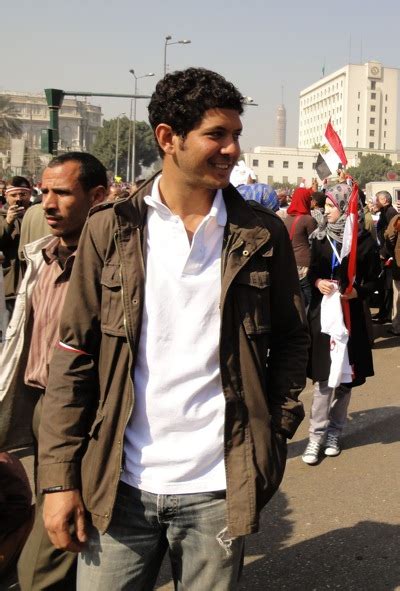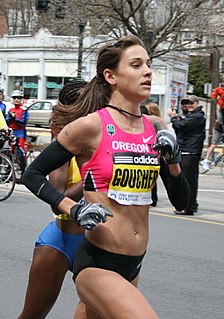A Quote by Ben Fountain
I really had to decide why I was writing. I had no interest in going back to law; I very briefly - for about six hours - considered going to get my MBA, but in the end, I realized that the only work I really wanted to do was write.
Related Quotes
I always knew from the beginning that this was the only way to write Then We Came To The End - that it had to be in first - person plural if it was going to illustrate how the individual becomes part of the collective. I had no interest in writing the book in a more conventional voice. It goes back to that fascination I had with telling a story in multiple ways. It was the only choice I gave myself, really - I said "This is it, pal. If you can't tell a story this way, you're going to have to abandon the book. Write it this way or give up."
I've had to really teach myself that when you're not feeling it, you shouldn't write anything down because you're going to end up coming back and re-writing it later. Whereas, if you write when you're feeling something, when you're really in the streak, then that's when you're going to get your best stuff.
I hated the culture, I hated the work. I very quickly realized that this wasn't what I wanted to do. So, after two years, I took some writing courses - I always loved to write - and I figured the only way I was going to get paid to write was in journalism. I really wasn't very involved politically with anything up until that point. Then I started reading about the second Palestinian Intifada, and I spoke to friends in activist and journalism circles. Then, somehow by complete luck, I ended up at Democracy Now.
When I started writing short stories, I thought I was writing a novel. I had like 60 or 70 pages. And what I realized was that I don't write inner monologue. I don't want to talk about what somebody is thinking or feeling. I wanted to try to show it in an interesting way. And so what I realized was that I was really writing a screenplay.
During my career as a standup and actor, I realized it was very frustrating for me to get hired because Hollywood was hiring a different kind of brother, you know, and I was doing political humor... In order for me to really have a long career, I'm going to have to learn how to write and produce for myself... I had no idea I was really going to like it and I'm very fortunate to be successful. But the idea was to always eventually create something for myself. That was the idea from the beginning when I went into writing and producing.
I get rejections from the New Yorker. When I had to give a little talk to the people graduating from the MBA program at Columbia who were going into writing and filmmaking and everything, I said, "When I tried to think of what to say, the only subject I thought was appropriate for people doing what you're going to do is rejection." That's what it's all about.
My father did think I should get interested in television. But I had very little interest in television and it wasn't something I wanted to do. I really never thought about going to work on big feature films in Hollywood. But when we made The Householder, Columbia Pictures bought it. Who would have ever imagined?
I'm a product of state schools. I had a working-class family. We had no books. I was the first to go to college. But I didn't really think about it, or about making money. I was just going to be an artist, and I've been fortunate. I've never had to work for anybody nor have I had to write for money. Maybe that's another reason that I've been able to be productive. I haven't had to use my writing to make a living.
Back in the day I wanted to be a James Bond girl and I got really close to it too, but I didn't. But now it's just really about enjoying who I work with, the kind of atmosphere that I'm working in, and the character. That's why I think nowadays I tend to really try to be somewhat picky any more to what I do, not just going out to get a job. And sometimes you have to do that, you have to work just to work. But I'm very fortunate to say that I'm actually working at a job that I absolutely love and enjoy and everybody there I enjoy so much and I feel very blessed.





































